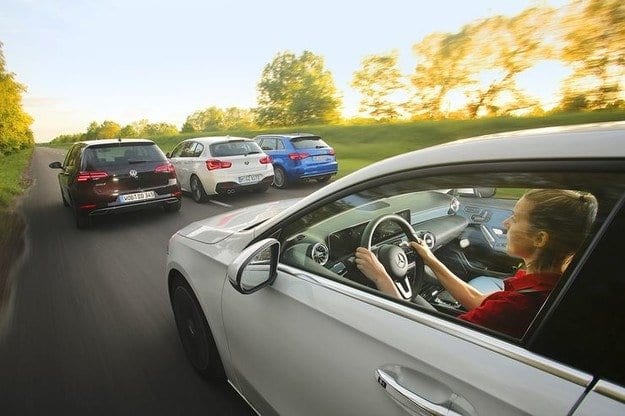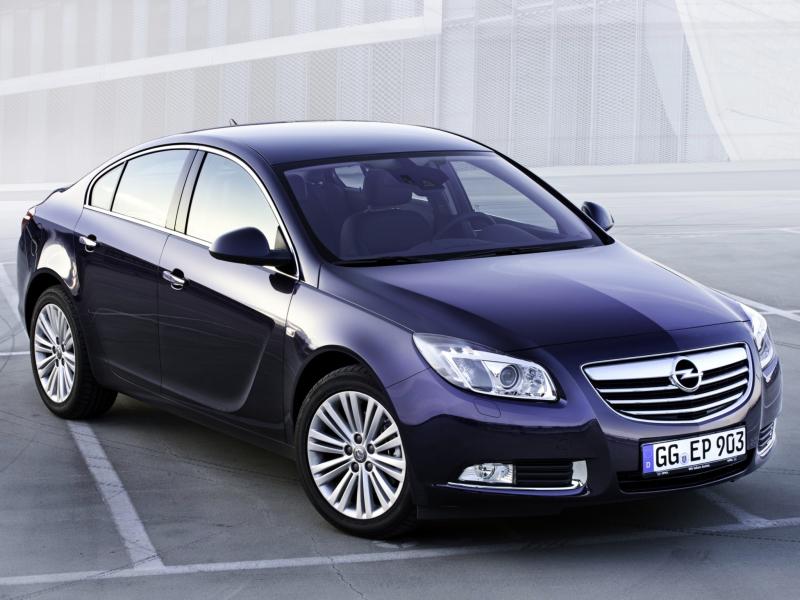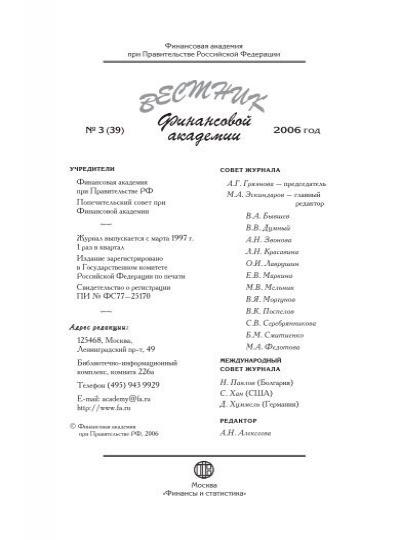
No more fantasy. One of the brands intends to provide real combustion results!
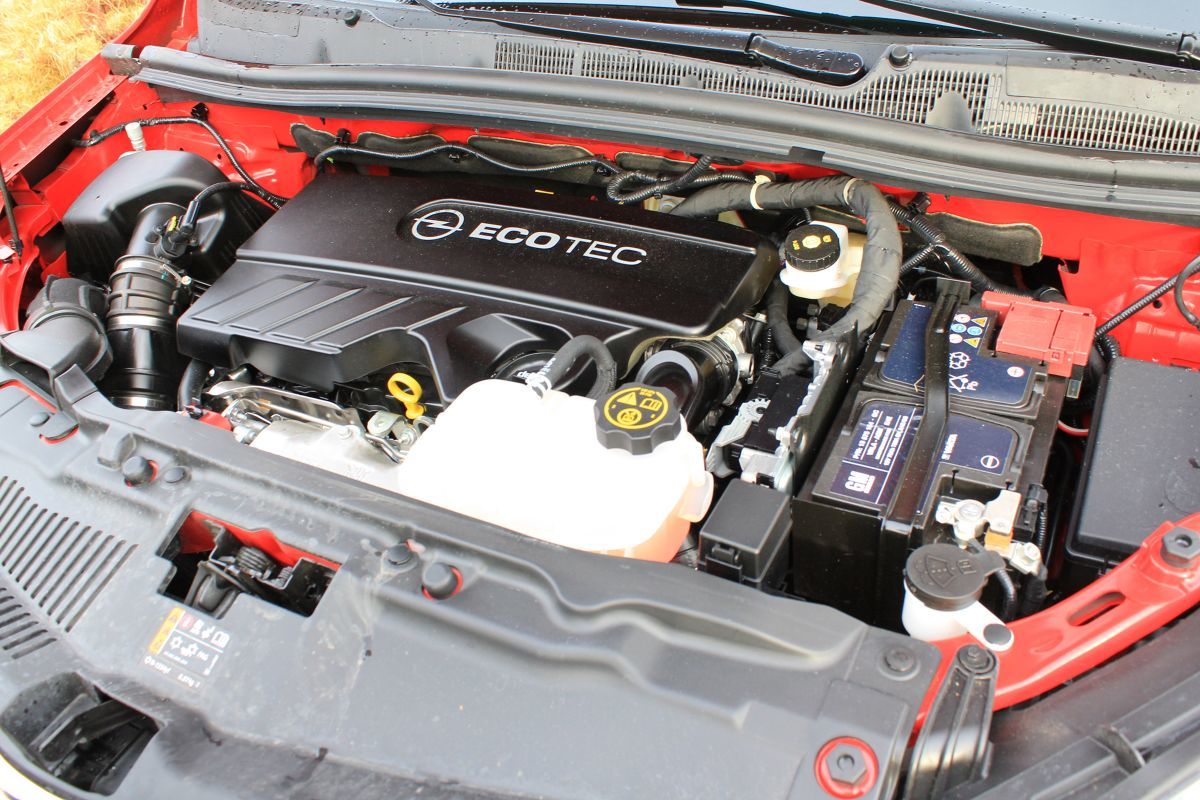 From the second quarter of 2016, Opel will begin publishing fuel consumption data for certain vehicle models, measured according to the WLTP cycle, which better reflects everyday driving conditions.
From the second quarter of 2016, Opel will begin publishing fuel consumption data for certain vehicle models, measured according to the WLTP cycle, which better reflects everyday driving conditions.
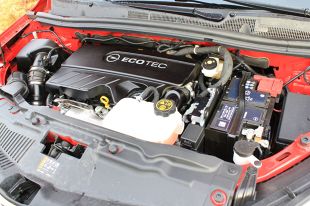 On its own initiative, Opel is taking further steps to meet future CO2 and NOx emission standards. From the second quarter of 2016, in addition to official information on fuel consumption and CO2 emissions, the company will also publish fuel consumption data recorded in the WLTP cycle (World Harmonized Passenger Car Test Procedure). In addition, diesel engineers have just begun work on improving selective catalytic reduction (SCR) systems to reduce nitrogen oxide emissions. This is a voluntary initiative that preceded the Real Road Emissions Test (RDE) law, which will apply from 2017. Opel is committed to providing transparent information to the agencies responsible for vehicle approval.
On its own initiative, Opel is taking further steps to meet future CO2 and NOx emission standards. From the second quarter of 2016, in addition to official information on fuel consumption and CO2 emissions, the company will also publish fuel consumption data recorded in the WLTP cycle (World Harmonized Passenger Car Test Procedure). In addition, diesel engineers have just begun work on improving selective catalytic reduction (SCR) systems to reduce nitrogen oxide emissions. This is a voluntary initiative that preceded the Real Road Emissions Test (RDE) law, which will apply from 2017. Opel is committed to providing transparent information to the agencies responsible for vehicle approval.
“The events and conversations of the past weeks and months have put the automotive industry in the spotlight. So it's time to draw conclusions and start acting, says Opel Group CEO Dr. Karl-Thomas Neumann. “It is clear to me that the diesel discussion has reached a tipping point and nothing will ever be the same again. We cannot ignore this, and changing the perception of a new reality is the responsibility of the automotive industry.”.
Fuel consumption and CO2 emissions
From the second quarter of 2016, in addition to official information on fuel consumption and CO2 emissions for Opel models (starting with the new Astra), fuel consumption figures recorded in the WLTP cycle will also be published. This procedure has been widely accepted in the industry as being more representative of customers' actual vehicle operating conditions.
As of 2017, the New European Driving Cycle (NEDC) will be replaced by a more modern, harmonized passenger car test procedure (WLTP), according to European Union plans. WLTP, also performed under laboratory conditions, is based on rigorous testing that is more representative of actual fuel consumption and CO2 emissions from road traffic. The new test cycle allows, above all, to obtain standardized, reproducible and comparable results.
Selective catalytic reduction
Opel is already taking steps to reduce nitrogen oxide emissions. The manufacturer from Rüsselsheim has begun work on solutions to improve the efficiency of exhaust gas treatment systems in Euro 6 diesel engines using selective catalytic reduction (SCR). This is to improve the performance of these systems in line with future RDE recommendations. RDE is a true road emission test standard that complements existing methods and measures emissions from a vehicle directly on the road.
“Our analyzes in recent months have shown that we do not use devices to determine if a vehicle is being tested on a test bench. However, we believe we can further reduce nitrogen oxide emissions from Euro 6 engines equipped with SCR systems. In this way, we will achieve an improvement in terms of meeting future RDE requirements, emphasizes Dr. Neumann. “We will use SCR technology as the core system for Euro 6 diesel engines while developing technologies to further improve the efficiency of exhaust gas aftertreatment systems,” adds Dr. Neumann.
Work on improving SCR systems for Euro 6 engines has already begun. We expect that their results will be available for use in mass production from the summer of 2016. We will also run a voluntary customer satisfaction program covering 43 vehicles already on European roads (Zafira Tourer, Insignia and Cascada models). The new calibration will be available for these models as soon as it becomes available.”
Opel CEO Dr Neumann is also calling for greater transparency in the exchange of information between car manufacturers and European authorities. “In the US, companies disclose the full concept of sizing to the authorities. I would like this practice to be adopted in Europe as well.” Accordingly, the Opel CEO would like to invite all car manufacturers operating in Europe to enter into an agreement to improve the transparency of the flow of information.
